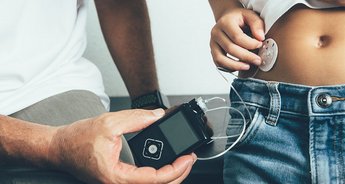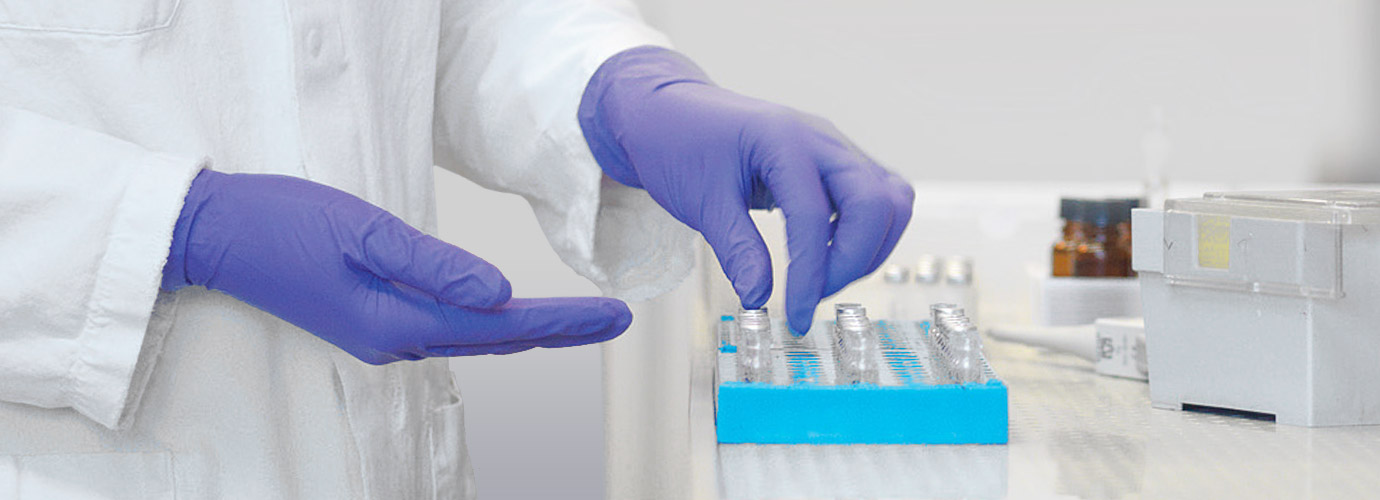Diabetes mellitus type 1: Semi-automatic insulin pumps improve glycaemic control

06.2022
Author Prof. J. Spranger, University Department of Pediatrics Mainz
The purpose of automated insulin pumps, i.e. insulin pumps controlled by the glucose concentration in the subcutaneous adipose tissue, is to improve the glucose turnover rate. In a multicentre study, 121 adolescents with type 1 diabetes mellitus were randomised into two groups: 63 participants (intervention group) received an automated pump and 55 participants (control group) continued conventional therapy with multiple single injections or continuous subcutaneous insulin infusion [1]. In the end, the study compared the percentage of time in range within the target glucose range.
Results: With hybrid pumps, time in range increased from a mean of 53.1% to 62.5% within 6 months, compared to a smaller improvement in the control group from 54.6% to 56.1%. The gain from using automated pumps was an additional 1.6 hours per day within the target glucose range.
Hypoglycaemia occurred less frequently with hybrid pumps (1.1 vs. 2.1 per week). The HbA1c levels improved equally in both groups (-0.3% vs -0.1%), the measured values related to quality of life did not.
References:
[1] Abraham MB, de Bock M, Smith GJ, et al. Effect of a hybrid closed-loop system on glycemic and psychosocial outcomes in children and adolescents with type 1 diabetes: a randomized clinical trial. JAMA pediatrics. 2021 Dec 1;175(12):1227-35.
[2] Messer LH, Berget C, Vigers T, et al. Real world hybrid closed‐loop discontinuation: predictors and perceptions of youth discontinuing the 670G system in the first 6 months. Pediatric diabetes. 2020 Mar;21(2):319-27.


